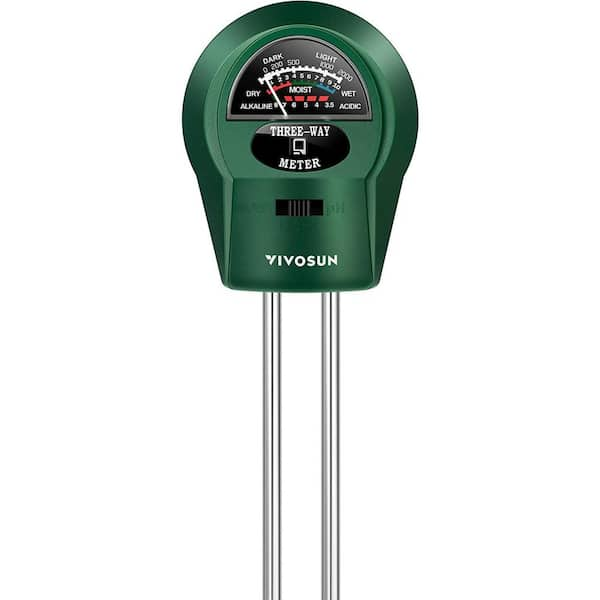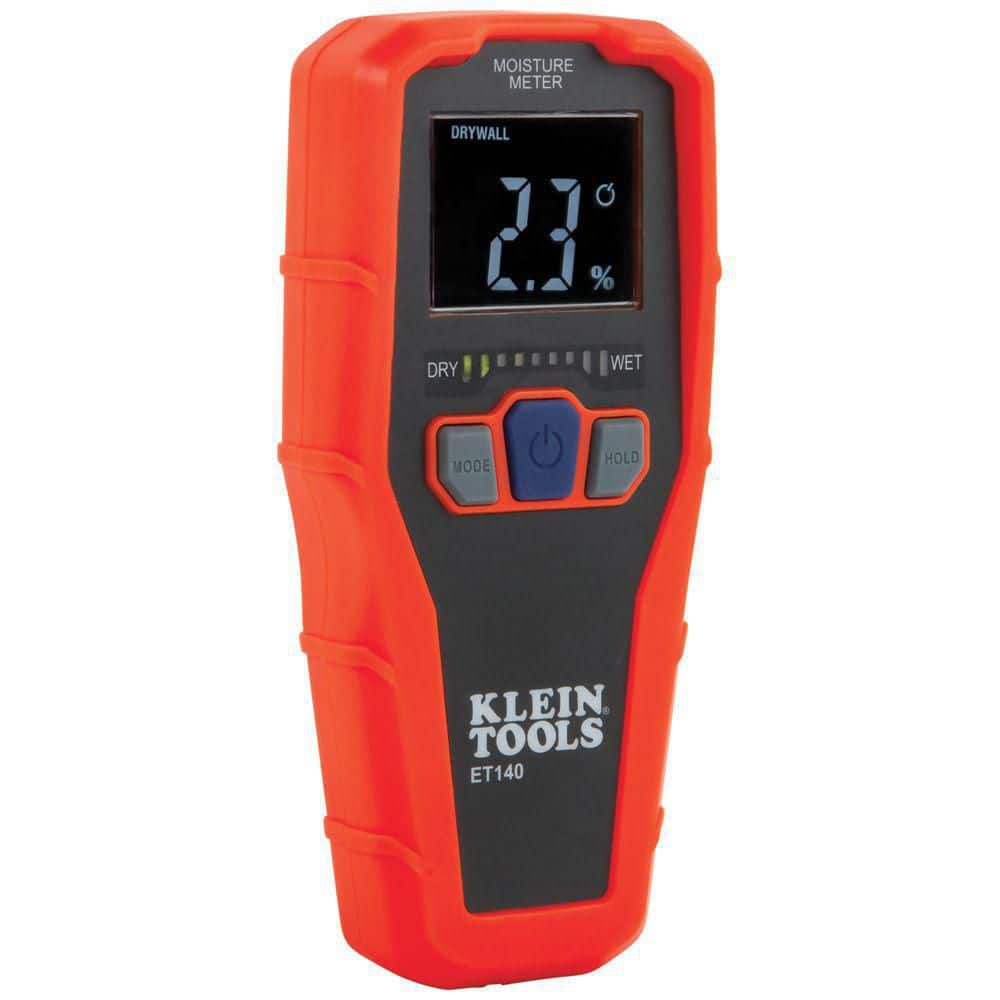The Ultimate Guide to Selecting the Right Moisture Meter for Your Requirements
The Ultimate Guide to Selecting the Right Moisture Meter for Your Requirements
Blog Article
The Ultimate Overview to Wetness Meters: A Comprehensive Summary and How They Can Conserve You Cash
Dampness meters serve as essential tools in finding and monitoring moisture material in products, aiding in avoiding expensive problems and guaranteeing the high quality of items. Understanding the nuances of different kinds of dampness meters, their applications, and the potential cost-saving benefits they provide can be a game-changer for organizations and professionals alike.
Kinds Of Moisture Meters
Different kinds of wetness meters are available for various applications in numerous markets. One common type is the pin-type dampness meter, which measures the electrical resistance between two pins placed into a material. This kind is appropriate for wood, drywall, and other building materials. Pinless wetness meters, on the other hand, use electromagnetic sensing unit plates to scan a larger area without triggering damage to the material's surface. Moisture Meter. These meters are suitable for promptly analyzing dampness degrees in huge locations such as floorings and wall surfaces.

Moreover, there are also specialized moisture meters developed for specific products like hay, soil, or grain. These meters give precise moisture analyses tailored to the one-of-a-kind residential properties of the material being examined. Infrared wetness meters measure the thermal residential properties of a material to establish its wetness web content non-invasively, making them helpful for applications where pin or pinless meters might not appropriate. Understanding the different kinds of wetness meters readily available can help sectors choose one of the most appropriate tool for their particular moisture measurement requirements.

Advantages of Utilizing Dampness Meters
Moisture meters use invaluable advantages in precisely monitoring and evaluating wetness degrees in diverse materials and settings (Moisture Meter). One of the primary advantages of making use of wetness meters is the avoidance of potential damage triggered by excess dampness. By spotting and attending to high wetness levels early on, wetness meters aid to avoid mold and mildew growth, rot, and architectural damages in buildings, conserving both money and time on repair work. Furthermore, moisture meters aid in making sure the top quality of materials during building and construction or manufacturing procedures. By precisely measuring moisture content, these devices help preserve the stability of timber, drywall, concrete, and various other products, reducing the threat of defects or failures.
Additionally, utilizing dampness meters can lead to raised power performance. By identifying locations with high dampness degrees, such as leakages or bad insulation, changes can be made to boost energy preservation and lower utility prices. In farming setups, wetness meters play an important role in maximizing crop yields by making it possible for farmers to keep track of dirt wetness levels and make notified irrigation choices. Overall, the advantages of using dampness meters span throughout various sectors, offering cost-effective options and promoting much better quality control techniques.
How to Select the Right Dampness Meter
When picking a wetness meter, it's necessary to make sure that the meter is appropriate for the specific product you will certainly be testing. Various products have varying electric buildings that can impact wetness analyses, so choosing a meter developed for your product is vital for precise outcomes. By very carefully assessing these factors, you can pick a wetness meter that meets your demands and offers exact wetness measurements for your jobs.
Proper Strategies for Wetness Meter Usage

Expense Savings Through Moisture Meter Applications
Just how can the critical use of moisture meters lead to substantial expense savings across different check out this site industries? In the agriculture sector, wetness meters help in identifying the optimal time for harvesting plants, stopping over-drying or excess wetness that can influence the final item's quality.
Likewise, in construction, wetness meters aid avoid pricey damages by detecting wetness degrees in building products, such as timber or concrete, which can result in architectural issues if not resolved quickly. By recognizing problem areas beforehand, contractors can visit site take rehabilitative measures to avoid considerable repairs or substitutes, eventually conserving time and money.
Additionally, in the food handling industry, dampness meters are important for checking item quality and guaranteeing conformity with safety and security regulations. By accurately determining wetness web content in foodstuff, manufacturers can avoid putridity, preserve quality, and minimize waste, resulting in considerable expense savings. Generally, the calculated application of dampness meters is a beneficial financial investment that can bring about significant price decreases and boosted performance throughout numerous sectors.
Verdict
In conclusion, dampness meters are beneficial devices for discovering and measuring wetness levels in numerous materials. By making use of the best moisture find out meter and complying with proper strategies, users can properly avoid pricey damages created by excess wetness.
Dampness meters serve as essential tools in identifying and keeping an eye on moisture web content in materials, helping in preventing expensive problems and guaranteeing the top quality of products. Infrared wetness meters gauge the thermal buildings of a material to identify its dampness content non-invasively, making them beneficial for applications where pin or pinless meters might not be suitable.Moisture meters use invaluable advantages in properly assessing and keeping an eye on wetness degrees in diverse products and settings. In agricultural settings, moisture meters play an important function in maximizing plant returns by making it possible for farmers to keep track of dirt wetness levels and make notified watering choices.In verdict, dampness meters are valuable tools for gauging and identifying dampness degrees in numerous products.
Report this page